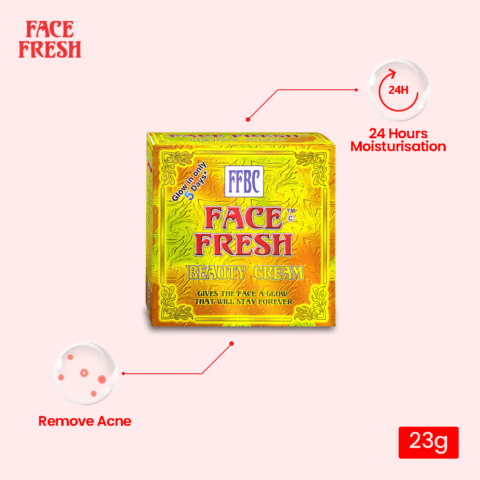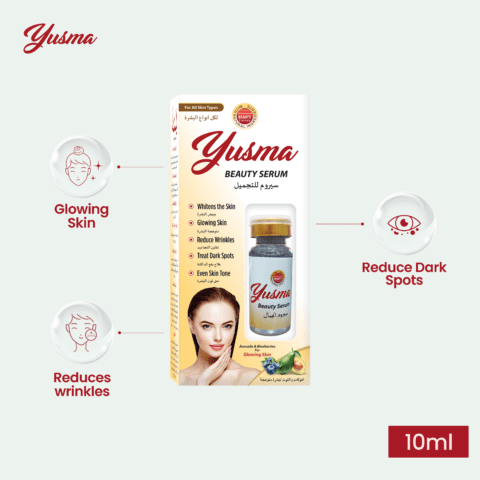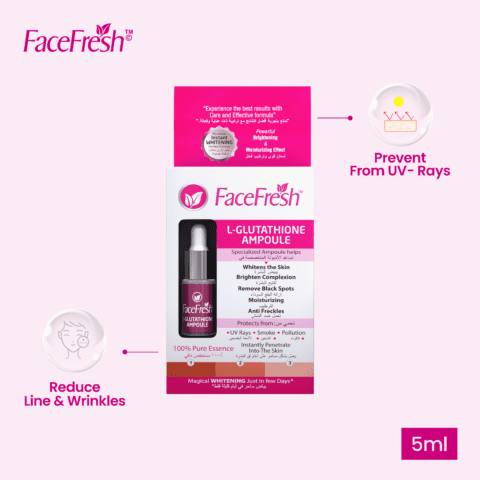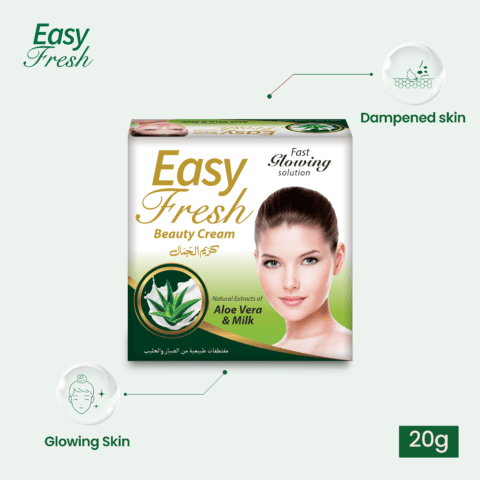Sensitive skin is a common concern for many individuals, causing discomfort and irritation. Whether it’s a temporary reaction or a chronic condition, understanding the causes and best practices for soothing irritated skin is essential. In this article, we will delve into the topic of sensitivity and explore effective solutions to calm irritated skin. So, let’s explore the world of sensitive skin and discover how to achieve a soothing experience.
1. Introduction
When our skin becomes sensitive, it reacts negatively to various factors, resulting in irritation, redness, and discomfort. Sensitivity can be caused by a wide range of factors, such as environmental triggers, chemical irritants, and allergens. Understanding these factors and their impact on our skin is crucial in finding effective ways to alleviate irritation and promote a healthier skin barrier.
2. Understanding Sensitivity and Irritated Skin
Sensitive skin refers to skin that reacts more strongly to external factors than normal skin. It may exhibit increased reactions to certain skincare products, weather conditions, or even touch. The underlying cause of skin sensitivity lies in a compromised skin barrier function, which makes it more susceptible to irritation and inflammation.
3. Causes of Skin Sensitivity
Environmental Factors
Exposure to harsh weather conditions, such as extreme cold or hot temperatures, can trigger skin sensitivity. Additionally, dry air, pollution, and UV radiation can also contribute to skin irritation.
Chemical Irritants
Certain ingredients commonly found in skincare products, such as fragrances, dyes, and preservatives, can cause skin sensitivity and irritation. Harsh cleansers and exfoliants can also disrupt the skin’s natural balance and lead to increased sensitivity.
Allergens
Allergic reactions to substances like pollen, pet dander, or certain fabrics can result in irritated skin. Identifying and avoiding these allergens is crucial for individuals with sensitive skin.
4. Signs and Symptoms of Irritated Skin
Recognizing the signs and symptoms of irritated skin can help determine the most appropriate soothing measures. Common indicators of sensitivity include:
Redness and Inflammation
Irritated skin often appears red and inflamed due to increased blood flow and inflammation response triggered by the body.
Itching and Burning Sensation
Sensitivity may cause an itchy or burning sensation, which can be quite uncomfortable for individuals. Itching can lead to scratching, further aggravating the skin.
Dryness and Flakiness
Sensitive skin tends to be dry and prone to flaking. The compromised skin barrier fails to retain moisture effectively, resulting in dryness and a rough texture.
Sensitivity to Touch
Sensitive skin can become tender and sensitive to touch. Even gentle pressure or slight friction may cause discomfort or pain.
5. Common Types of Skin Sensitivity
Various skin conditions fall under the umbrella of sensitivity. Understanding these conditions can help determine the most suitable approach for soothing irritated skin.
Eczema
Eczema, also known as atopic dermatitis, is a chronic condition characterized by dry, itchy, and inflamed skin. Individuals with eczema often experience flare-ups triggered by specific triggers or allergens.
Rosacea
Rosacea is a common skin condition that primarily affects the face, resulting in redness, visible blood vessels, and small bumps. Rosacea flare-ups can be triggered by various factors, including heat, certain foods, and stress.
Contact Dermatitis
Contact dermatitis occurs when the skin comes into direct contact with an irritating substance or allergen. It leads to redness, itching, and sometimes blisters at the site of contact.
6. Best Practices for Soothing Irritated Skin
Taking a gentle and proactive approach to skincare is vital for individuals with sensitive skin. Implementing the following best practices can help soothe irritated skin and promote a healthier complexion.
Gentle Cleansing Routine
When washing sensitive skin, opt for mild, fragrance-free cleansers that do not strip the skin of its natural oils. Avoid using harsh scrubbing techniques and instead use gentle circular motions to cleanse the skin.
Avoiding Harsh Ingredients
Pay attention to skincare product labels and avoid ingredients known to cause sensitivity or irritation, such as fragrances, alcohol, and certain preservatives. Opt for hypoallergenic and non-comedogenic products.
Moisturizing and Hydrating
Moisturizers play a vital role in maintaining skin hydration and restoring the skin barrier. Look for moisturizers specifically formulated for sensitive skin, containing soothing ingredients like aloe vera or ceramides.
Protecting from the Sun
Exposure to the sun’s harmful UV rays can exacerbate sensitivity and trigger flare-ups. Apply a broad-spectrum sunscreen with a high SPF regularly and seek shade during peak sun hours.
7. Natural Remedies for Irritated Skin
Nature provides us with various ingredients that can soothe and nourish sensitive skin. Consider incorporating the following natural remedies into your skincare routine:
Aloe Vera
Aloe vera possesses anti-inflammatory properties and can provide relief to irritated skin. Apply pure aloe vera gel directly to the affected areas for a cooling and soothing effect.
Chamomile
Chamomile has soothing and calming properties that can help reduce redness and inflammation. Infuse chamomile tea bags in warm water, let it cool, and apply the compress to the affected areas.
Oatmeal
Oatmeal has moisturizing and anti-inflammatory properties, making it an excellent remedy for irritated skin. Add colloidal oatmeal to lukewarm bathwater or create a paste with oatmeal and water to apply as a soothing mask.
Coconut Oil
Coconut oil is rich in fatty acids that can nourish and hydrate sensitive skin. Apply a small amount of organic, cold-pressed coconut oil to the affected areas for moisturizing relief.
8. Over-the-Counter Products for Sensitive Skin
Various skincare products are specifically formulated for sensitive skin. Consider incorporating the following into your routine:
Fragrance-Free and Hypoallergenic Products
Opt for fragrance-free products, as fragrances are a common irritant. Additionally, choose hypoallergenic products that are less likely to cause allergic reactions.
Moisturizers for Sensitive Skin
Look for moisturizers that are lightweight, non-greasy, and specifically formulated for sensitive skin. These moisturizers help lock in moisture and strengthen the skin barrier.
Calming Serums and Creams
Serums and creams containing ingredients like niacinamide, green tea extract, or centella asiatica can help calm irritated skin and reduce redness.
9. Professional Treatments for Sensitive Skin
In severe cases or when over-the-counter remedies are not effective, professional treatments can provide relief for sensitive skin. Consult a dermatologist to explore the following options:
Dermatological Consultation
A dermatologist can assess your skin condition and recommend suitable treatments or prescribe medicated creams to manage sensitivity.
Laser Therapy
Laser therapy can help reduce redness and inflammation associated with sensitive skin conditions like rosacea. It targets blood vessels and can provide long-term relief.
Chemical Peels
Chemical peels can help exfoliate the skin and promote the growth of new, healthy skin cells. They can be tailored to suit sensitive skin and address specific concerns.
10. Lifestyle Tips to Reduce Skin Sensitivity
In addition to skincare practices, certain lifestyle choices can contribute to reducing skin sensitivity. Consider implementing the following habits:
Stress Management
Stress can trigger and worsen skin sensitivity. Engage in stress-reducing activities like meditation, yoga, or hobbies that help you relax and unwind.
Healthy Diet and Hydration
Maintaining a balanced diet rich in antioxidants, vitamins, and minerals can support overall skin health. Additionally, staying hydrated by drinking an adequate amount of water helps keep the skin hydrated from within.
Adequate Sleep
Quality sleep is essential for skin rejuvenation and repair. Aim for 7-9 hours of uninterrupted sleep every night to promote skin health and reduce sensitivity.
Sun Protection Habits
Protect your skin from harmful UV rays by wearing protective clothing, seeking shade, and applying sunscreen regularly. Sunburns can aggravate skin sensitivity.
11. Conclusion
Sensitivity and irritated skin can be a frustrating and uncomfortable experience, but with the right approach, it is possible to find relief. Understanding the causes, implementing gentle skin care practices, and exploring suitable remedies can help soothe irritated skin and promote a healthier complexion. Remember, everyone’s skin is unique, so it may take some trial and error to find the most effective solutions for your specific needs. Take care of your skin, listen to its needs, and embrace a soothing skincare routine that supports your overall well-being.






Leave a comment
Your email address will not be published. Required fields are marked *